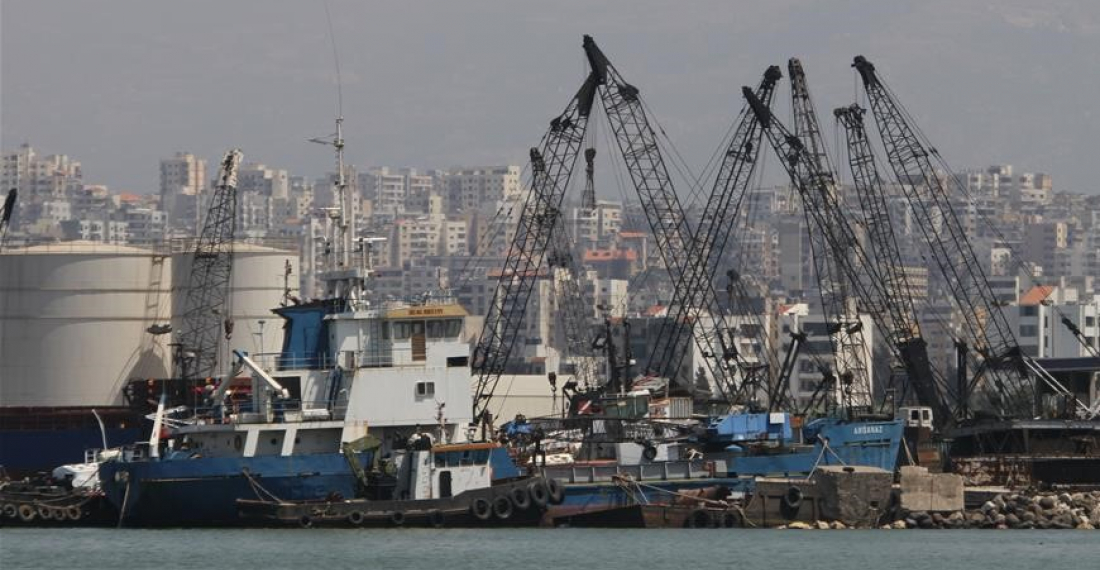A Syrian cargo ship, sanctioned by the United States and carrying what Ukraine says is stolen barley from the war-torn country, has docked in Lebanon, the Ukrainian diplomatic mission in the Mideast nation said on Thursday (28 July).
According to the Ukrainian Embassy in Beirut, the cargo vessel Laodicea docked in the port of Tripoli, Lebanon’s second-largest city. It was carrying 5,000 tons of flour and 5,000 tons of barley, the embassy said.
The US Department of the Treasury sanctioned the Laodicea in 2015 for its affiliation with the Syrian government of President Bashar Assad.
Ukraine has accused Russia of plundering grain and steel from its territory since Moscow invaded the country in late February. The embassy in Beirut did not elaborate or say how the barley was purportedly stolen from Ukraine.
Marine Traffic, which monitors vessel traffic and location of ships on seas, also confirmed the ships docking in Tripoli on Thursday. The Laodicea was initially heading to Tartus Port in Syria, and was expected to arrive there earlier this week.
It was unknown why it had rerouted to Lebanon, and whether or not it is offloading the cargo here.
Earlier Thursday, Ukrainian Ambassador Ihor Ostash met with Lebanese President Michel Aoun and warned the Lebanese leader that purchasing stolen goods from Russia would “harm bilateral ties,” according to the embassy statement. Kyiv had previously praised Lebanon for condemning Russia for its war on Ukraine.
Ukraine has promised to export wheat to Lebanon, currently experiencing a crippling food security and economic crisis.
Lebanon’s caretaker economy minister, Amin Salam, did not have details on the ship. The Tripoli Port general manager, Ahmad Tamer, said initially that he was unaware of the vessel’s arrival, and did not respond to requests for further comments.






